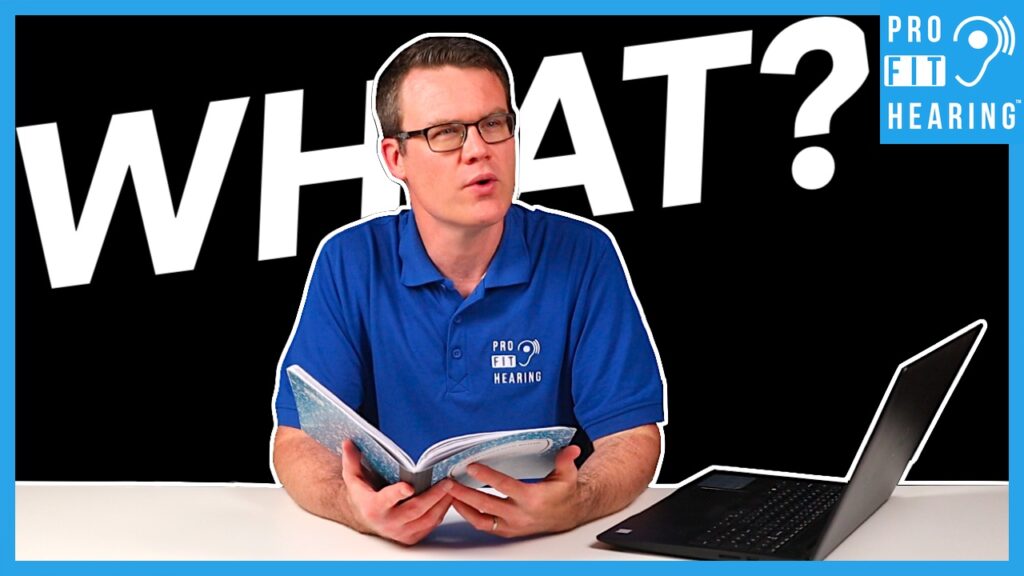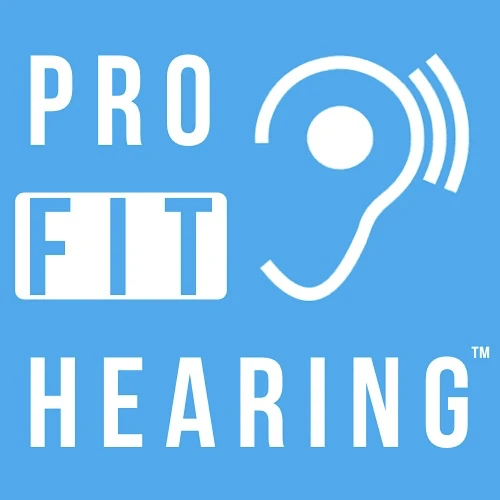Educational Audiologist? – 3 BIG Challenges for Hearing Impaired Students

Educational Audiologist
What is an educational audiologist, and what 3 big challenges do they help students overcome? I’ll answer these questions and more in this post. Coming up!
SUBSCRIBE to our YouTube channel for weekly videos!
Hi, I’m Dr. Derek – audiologist, audio engineer, and musician with ProFitHearing.com bringing you the best insight in today’s latest hearing aids, headphones, and audio technology to improve your life. If you have concerns about your hearing, always consult with your local physician or audiologist.
If you’re interested in hearing aids, check out my free eBook HERE.
Educational Audiologist – 3 Challenges for Students
So, what is an educational audiologist? This type of audiologist serves hearing impaired students in the schools. Audiology services may be included as part of a student’s individualized education program or IEP.
There are 3 challenges that greatly impact a hearing impaired student’s ability to hear and understand their teacher – noise, distance, and lack of visual cues.
#1 – Noise
First, we all know that classrooms are noisy. Background noise makes speech more difficult to understand, and it takes more listening effort to separate out the speech from the noise.
#2 – Distance
Second, students may not always be seated close to their teacher. Being farther away means the teacher’s voice is quieter and the noise level in classroom is often louder than the teacher’s voice.
#3 – No Visual Cues
Third, students may not always be able to see their teacher’s face for visual cues while they’re talking which makes understanding even more difficult.
Noise, distance, and lack of visual cues can negatively impact a hearing impaired student’s ability to excel in a classroom environment. An educational audiologist helps these students assess their curriculum by maximizing their ability to hear and understand speech in the classroom. This can be accomplished with assistive listening technology, education, advocacy, and communication strategies. Educational audiologists also collaborate with IEP team members to support hearing impaired students.
Role of an Educational Audiologist
Educational audiologists work with a variety of different manufacturers of hearing aids and cochlear implants as well as recommend and manage assistive listening equipment like FM systems in the classroom. FM systems wirelessly send the sound of a teacher’s voice directly to a student’s hearing aids, cochlear implants, or a loud speaker in the classroom. An educational audiologist helps students advocate for themselves so that they can hear their best in class and become more independent using their hearing technology.
An educational audiologist has a variety of different job duties. They test students, attend IEP meetings, observe students in class, consult with teachers, select and manage assistive listening equipment, troubleshoot hearing aids and cochlear implants, and educate teachers on technology.
An educational audiologist serves a valuable role within the education system. Their expertise working with all the latest advances in hearing technology help ensure hearing impaired students hear their best by overcoming the challenges of noisy classroom environments.
Comment below: what questions do you have about educational audiology? If you received value from this post, go to https://www.youtube.com/profithearing and check out all the videos on our YouTube channel.
-Dr. Derek
